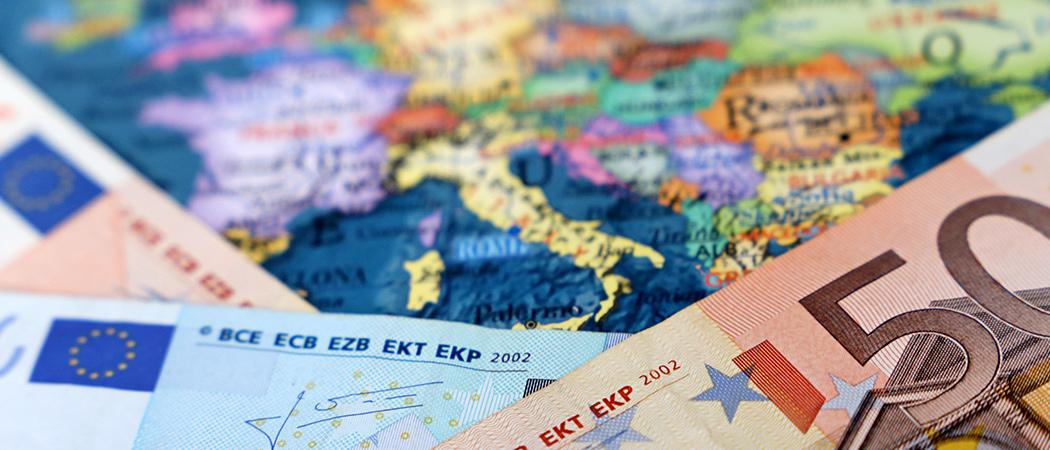€408M in the Horizon 2020 budget was not disbursed. MEPs say it could be used to reverse cuts to 2022 spending on research proposed by the European Council in July

Half of the unspent money under the final year of Horizon 2020 should be routed to the health cluster in its successor programme, Horizon Europe, MEPs in the budgets committee agreed on Tuesday.
In total, the EU failed to spend €408.7 million of the Horizon 2020 budget, a figure that is unexpectedly high and was not forecast by the Commission during negotiations on the 2021-27 budget.
“In the light of the continuing health crisis, half of the remaining amount should go towards the Cluster Health [in Horizon Europe],” MEPs said.
The proposal is part of a draft resolution on the 2022 annual EU budget, which was agreed on Tuesday, after weeks of deliberating on ways to resist sweeping budget cuts proposed in July by the Council of the EU.
Back in June, the Commission proposed spending nearly €12.2 billion from the seven-year research and innovation programme during 2022. However, member states argued there was not enough demand for this level of investment and proposed a cut of €316 million, saying the money should be backloaded to the end of Horizon Europe, which will run until 2027.
MEPs strongly disagreed with the proposed cut, with some going as far as saying it would be “nothing less than a scandal” to prune back the research programme at a time when the EU is trying to recover from the COVID-19 pandemic. Research associations were also dismayed by the Council proposal.
Parliament is now on track to reverse the cut proposed by the Council and add some more money. MEPs argue that the EU should boost investment in health research, including for cancer research Overall, the draft budget adds €305 million to Horizon Europe over the level proposed by the European Commission.
Parliament and the Commission are also on a campaign to convince member states to invest more money from national budgets in R&D. MEPs say member states should raise public expenditure on research and development from 0.81% to 1.25% of GDP by 2030, to help the EU achieve targets set in the European Commission’s plan to establish a single market for research in the European Research Area (ERA).
The Digital Europe programme could receive a €71 million increase to boost investments in artificial intelligence and cybersecurity, after member states suggested its budget should be cut by €50 million. MEPs are also proposing a €137 million increase to the Erasmus+ academic exchange programme.
In addition, MEPs want to see a €207.3 million increase for the Connecting Europe Facility, an EU programme aimed at building sustainable transport, energy and digital networks.
Next week, on 20 October, the Parliament will vote on a proposal totalling €171.8 billion in commitment appropriations, an increase of €2.7 billion compared to the Commission’s draft budget in June.
After that, MEPs will start negotiations with the Council, hoping to reach an agreement before the 22 November plenary session. A deal requires the endorsement of the majority of member states and the final green light from the MEPs. If no deal is reached, the Commission will present a new draft annual budget, a process that could drag on into 2022.





 A unique international forum for public research organisations and companies to connect their external engagement with strategic interests around their R&D system.
A unique international forum for public research organisations and companies to connect their external engagement with strategic interests around their R&D system.